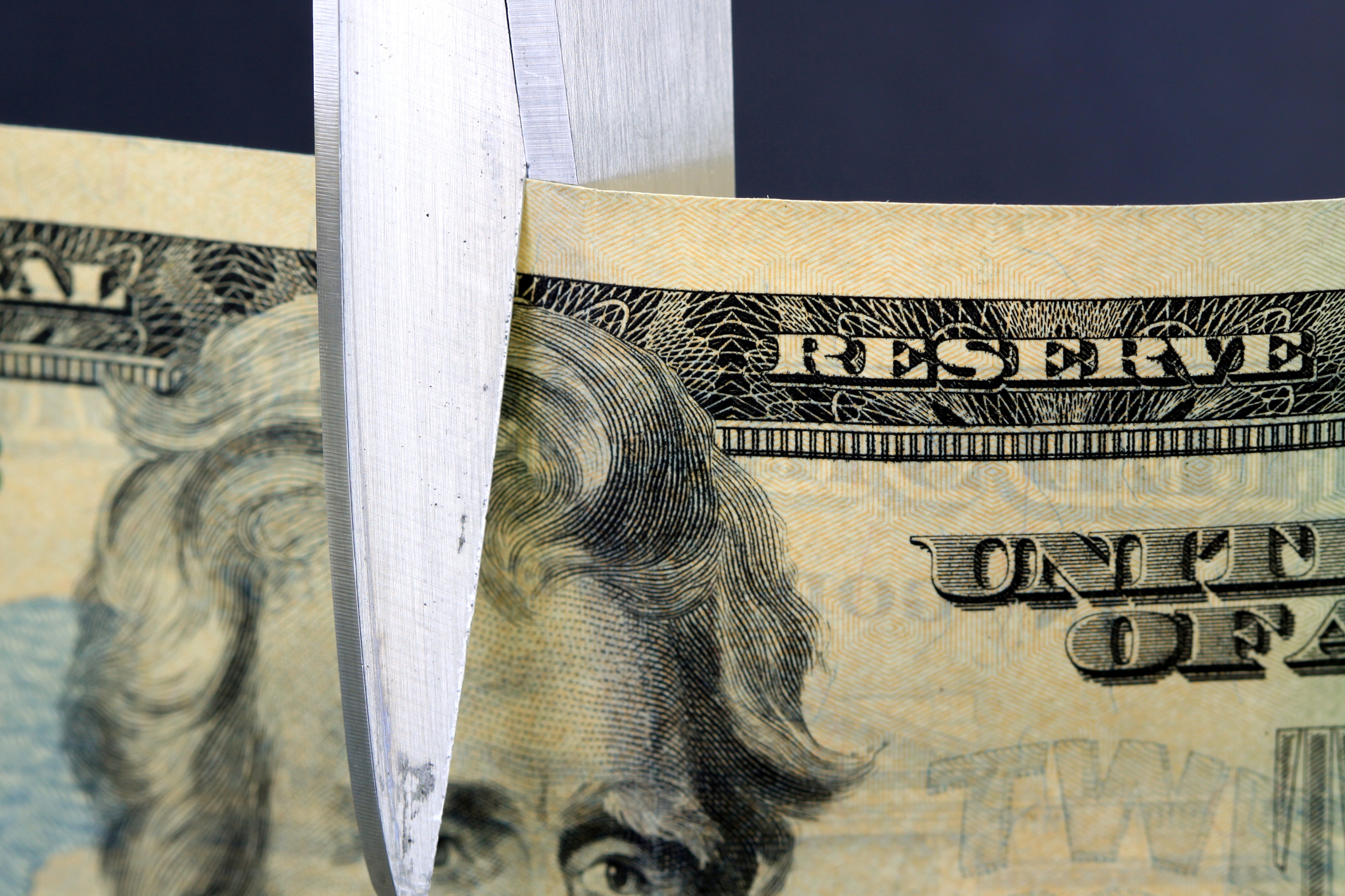I never met a startup that was not positive they would succeed. Indeed, overconfidence is a necessary talent for becoming an entrepreneur; if only it was a sufficient one as well we would not see 95% of startups fail.
All entrepreneurs believe in themselves and their company; but in far too many cases, these same entrepreneurs also hold beliefs and engage in behaviors that weaken their chances for success. Their overconfidence, the very thing that makes it possible for them to be an entrepreneur, is the root cause of many of these destructive beliefs and behaviors.
Virtually every study of entrepreneurial failure shows that the most common reason for failure is a lack of sufficient market validation. Most studies indicate about 50% of all startup failures can be attributed to a market validation mistake. Our own study shows that less than 5% of early startups even think that any kind of market validation is necessary. They are positive that their idea will sell (overconfidence again) – why waste any time on market validation. Much better to spend time and money on getting the product into production.
Request our Product Development Tool
In some ways, these entrepreneurs are correct – at least on a large scale. The general idea will sell. What they fail to recognize is that the details are important. Exactly what product will they sell, and at what price, and using what go to market strategy?
No doubt, the idea that a digital music player will sell was known by many entrepreneurs. The first patent was in the 1970s. Many startups launched digital music products in the early 1980s. Even some big companies (most notably RCA) poured millions into this product idea. All these efforts failed because of a lack of market validation. In the mid-’80s, no one had managed to succeed at the idea of a digital music player. Did this mean that all these entrepreneurs were wrong about the viability of a digital music player?
Then along came Steve. Steve had just, reluctantly, accepted the job of CEO of a company that was on the verge of bankruptcy. They were bleeding money and losing market share rapidly due to a failed product strategy implementation by the outgoing CEO. Steve knew he had little time and little money to save the company. His strategy – develop a digital music player product. BTW – Steve’s last name was Jobs, and the company was Apple – now the world’s most valuable company.
Why did Apple succeed while others failed? Simple, Apple got details right. The iTunes Store, the UI, the go-to-market strategy, etc. Apple figured out what the market would buy and how they wanted to buy it. Apple did their market validation while others rushed in.
If 50% of startups fail for lack of market validation, what causes the other 50%? If you look at the studies, they list a myriad of causes:
- Ran out of money
- Got out-competed
- Not the right team
- Bad business model
- Poor Marketing
Keep in mind, these studies are the result of surveys from failed entrepreneurs. If you examine these lists closely you will discover they are largely listing symptoms, not a root cause. Why did we run out of cash – because the managers making the spending decisions made bad decisions? Why did we get out completed – because the engineers designed a poor product? Why did we have poor marketing – because the marketing people designed the wrong marketing system?
And why did we hire the wrong people? Now we circle back to our old friend overconfidence. In our work with hundreds of startups, there is one common thread – they all want to, or believe they have to, hire people for much less than the market rate. After all, they are a startup – they have no money, so I can not afford to hire the best – I need to get by with the cheapest. Don’t all these studies show running out of money as a major cause of startup failure? If I hire cheap people, I will be less likely to run out of money.
Entrepreneurs may be overconfident, but they are not stupid. They know that any person willing to work for less than the market rate is not going to be very good. They understand that in a free market, people make what they are worth, and someone making less is most likely worthless. However, because they, the all-powerful entrepreneur, will be leading them, they will turn these down and out players into heroes. With their leadership, and of course they’re a great idea, they will over overcome inexperience, lack of talent, process, and teamwork.
Back to jobs for a moment – when did he ever try to hire cheap people? I think the overwhelming evidence is that he only cared about hiring the very best – and was infamously intolerant of anything less.
Hiring cheap people will always result in the same thing. That thing is “The Top 20 Reasons Startups Fail”. No amount of overconfidence can overcome a dysfunctional team of untalented people. Successful startups find the very best and figure out how to get them paid.
As George Bernard Shaw (1856-1950) said: “The reasonable man adapts himself to the world; the unreasonable man persists in trying to adapt the world to himself. Therefore all progress depends on the unreasonable man.” Today we call these unreasonable men (and women) entrepreneurs. I suspect that if George was alive today he might add a bit about market validation and hiring only the best to his quote.



0 Comments